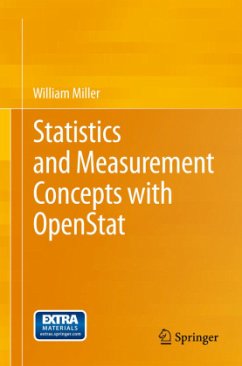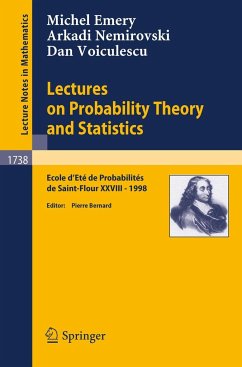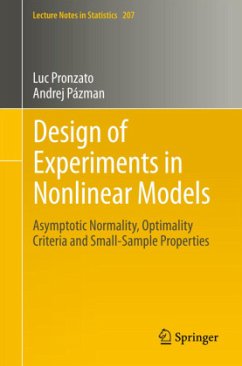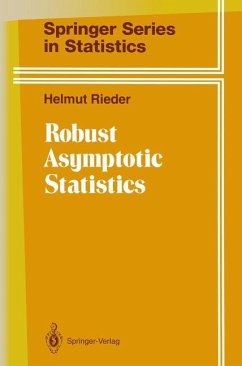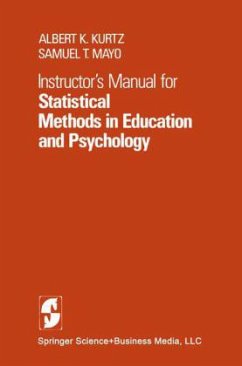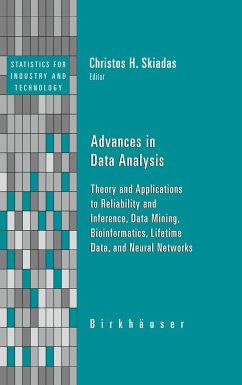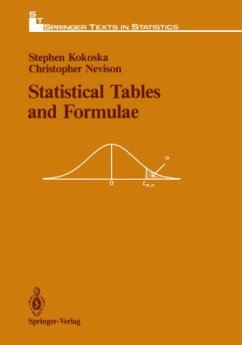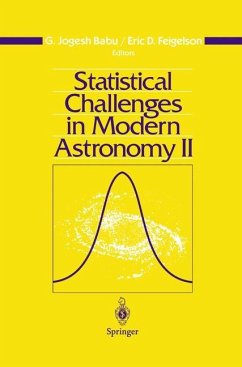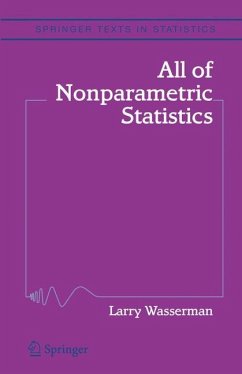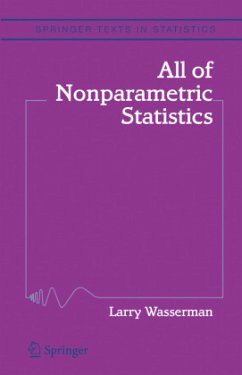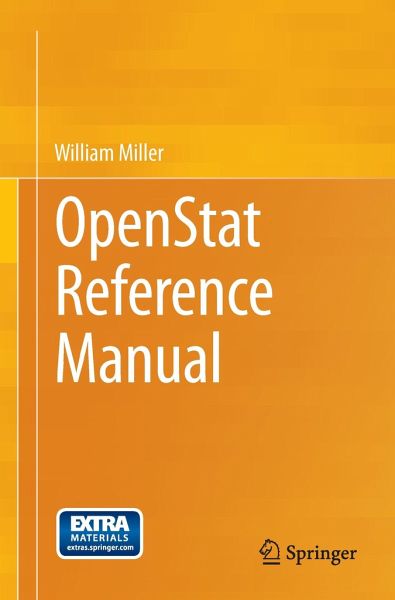
OpenStat Reference Manual

PAYBACK Punkte
19 °P sammeln!
This reference manual for the OpenStat software, an open-source software developed by William Miller, covers a broad spectrum of statistical methods and techniques. A unique feature is its compatibility with many other statistical programs. OpenStat users are researchers and students in the social sciences, education, or psychology, who benefit from the hands on approach to Statistics. During and upon completion of courses in Statistics or measurement, students and future researchers need a low cost computer program available to them, and OpenStat fills this void. The software is used in Stati...
This reference manual for the OpenStat software, an open-source software developed by William Miller, covers a broad spectrum of statistical methods and techniques. A unique feature is its compatibility with many other statistical programs. OpenStat users are researchers and students in the social sciences, education, or psychology, who benefit from the hands on approach to Statistics. During and upon completion of courses in Statistics or measurement, students and future researchers need a low cost computer program available to them, and OpenStat fills this void. The software is used in Statistics courses around the world with over 50,000 downloads per year. The manual covers all functions of the OpenStat software, including measurement, ANOVAS, regression analyses, simulations, product-moment and partial correlations, and logistic regression. The manual is an important learning tool that explains the Statistics behind the many analyses possible with the program and demonstratesthese analyses.




